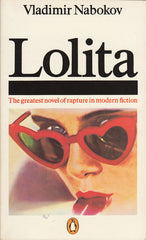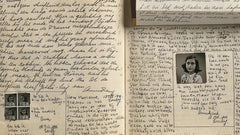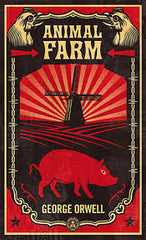Flavorwire identifies famous books originally rejected by publishers. Here are four:
Lolita by Vladimir Nabokov
 Lolita is one of the best-selling novels of all time, with over 50 million copies sold since its debut in 1955. When Nabokov was trying to publish it, many publishers worried they would be tried for obscenity. One editor told Nabokov: “It is overwhelmingly nauseating, even to an enlightened Freudian. To the public, it will be revolting. It will not sell, and will do immeasurable harm to a growing reputation… I recommend that it be buried under a stone for a thousand years.”
Lolita is one of the best-selling novels of all time, with over 50 million copies sold since its debut in 1955. When Nabokov was trying to publish it, many publishers worried they would be tried for obscenity. One editor told Nabokov: “It is overwhelmingly nauseating, even to an enlightened Freudian. To the public, it will be revolting. It will not sell, and will do immeasurable harm to a growing reputation… I recommend that it be buried under a stone for a thousand years.”
The Ginger Man by James Patrick Donleavy
 Donleavy’s first novel was considered so risqué that he was rejected by over 35 publishers before Olympia Press finally agreed to publish it in 1955. Olympia, though, decided to publish the novel as part of a pornographic line of books. The author ended his agreement with the company, but was sued when he published a less offensive version of the book with another publisher. The novel has since sold over 45 million copies and has never gone out of print.
Donleavy’s first novel was considered so risqué that he was rejected by over 35 publishers before Olympia Press finally agreed to publish it in 1955. Olympia, though, decided to publish the novel as part of a pornographic line of books. The author ended his agreement with the company, but was sued when he published a less offensive version of the book with another publisher. The novel has since sold over 45 million copies and has never gone out of print.
The Diary of a Young Girl by Anne Frank
 Anne Frank’s diary is one of the best-known holocaust stories, and her book has sold 30 million copies around the world. Surprisingly, the tale wasn’t popular with publishers and was rejected 16 times. One publisher even noted the story was barely worth reading because “the girl doesn’t, it seems to me, have a special perception or feeling which would lift that book above the ‘curiosity’ level”.
Anne Frank’s diary is one of the best-known holocaust stories, and her book has sold 30 million copies around the world. Surprisingly, the tale wasn’t popular with publishers and was rejected 16 times. One publisher even noted the story was barely worth reading because “the girl doesn’t, it seems to me, have a special perception or feeling which would lift that book above the ‘curiosity’ level”.
Animal Farm by George Orwell
 Animal Farm was rejected four times before going on to sell 20 million copies. The main problem Orwell faced was that his book criticised communism while Russia was allied with Britain during World War Two. T.S. Eliot wrote Orwell a rejection letter himself, explaining: “We have no conviction that this is the right point of view from which to criticize the political situation at the current time.” It wasn’t until a few months after the war ended that Orwell was able to secure a publisher for the story.
Animal Farm was rejected four times before going on to sell 20 million copies. The main problem Orwell faced was that his book criticised communism while Russia was allied with Britain during World War Two. T.S. Eliot wrote Orwell a rejection letter himself, explaining: “We have no conviction that this is the right point of view from which to criticize the political situation at the current time.” It wasn’t until a few months after the war ended that Orwell was able to secure a publisher for the story.
